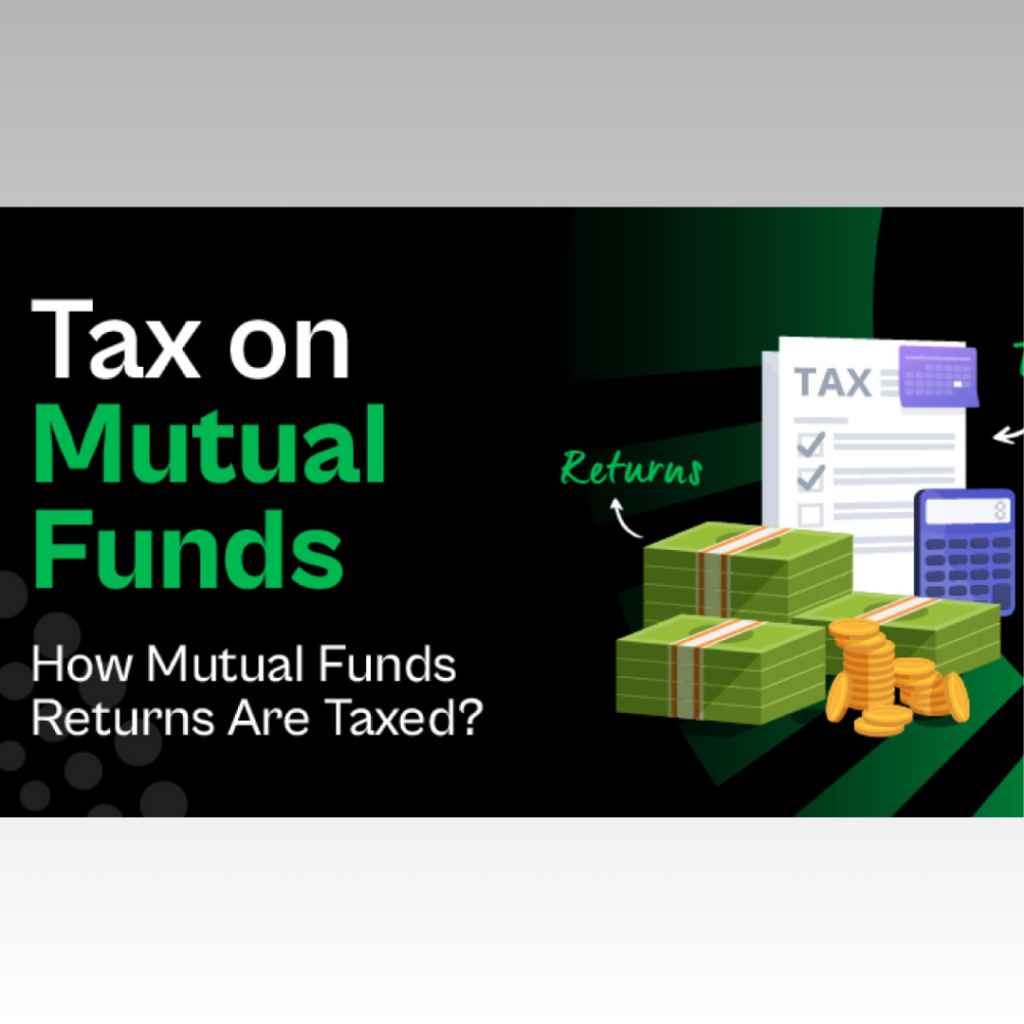- +91 9828164143
- maroocapital1@gmail.com
- Udaipur, Rajasthan

Taxation is a crucial factor that most investors overlook when making plans to purchase mutual funds. All they don’t know is that taxes on mutual funds apply. If you fall into the same category, this article will help put things in perspective for you. Find out if mutual funds are taxable and what consequences there are if they are by reading on.
Indeed. The Income Tax Act of 1961 treats mutual fund returns as capital gains, making them taxable in the investor’s hands. But that’s not all. Taxes apply even to dividends that investors get from mutual funds.
Knowing that mutual funds are subject to income tax requires you to take a closer look at how dividends are taxed.
Dividends from stocks and mutual funds should be included in your taxable income under the heading “Income from Other Sources” and subject to taxation at your individual income tax slab rate, per the announcements made in the Union Budget 2020. Dividends from mutual funds would therefore be subject to 20% income tax, for example, if you are in the 20% income tax bracket.
The Income Tax Act of 1961 classifies the returns or profit from a mutual fund investment as capital gains, as you have already seen above.
However, whether or not the capital gains are long-term or short-term in nature will determine the applicable tax rate. The type of mutual fund you invest in and the length of time you hold it will determine the nature of the capital gains.
This table will greatly aid in your understanding of the concept.
| Mutual Fund | Short-Term Capital Gains | Long-Term Capital Gains |
| Equity Mutual Fund and Equity-Focused Hybrid Fund | If the holding period is less than 12 months | If the holding period is 12 months or above |
| Debt Mutual Fund and Debt-Focused Hybrid Fund | If the holding period is less than 36 months | If the holding period is 36 months or above |
Equity mutual funds are defined as mutual funds with an equity exposure of greater than 65%. The tax rate you would be subject to on short-term capital gains from equity funds is fifteen percent.
However, long-term capital gains from equity mutual funds are free from taxation up to a total of Rs. 1 lakh per fiscal year. However, capital gains above Rs. 1 lakh would be subject to a 10% flat tax rate.
Debt mutual funds are defined as mutual funds with a minimum of 65% exposure to debt instruments. For short-term capital gains from debt funds, the tax rate that applies to you is applied, and the gains are added to your total taxable income.
Gains on long-term capital from debt mutual funds are subject to a flat 20% tax rate. You do, however, gain from indexation.
Whether a hybrid fund is debt- or equity-focused determines how capital gains from it are taxed. The taxation process for equity-focused hybrid funds would be the same as it is for equity funds. Likewise, the taxation process for debt-focused hybrid funds would follow the same guidelines as for debt funds.
You will be required to pay Securities Transaction Tax (STT) on the acquisition and disposal of units of equity mutual funds and equity-focused hybrid funds in addition to income tax on mutual funds. You are required to pay STT at the rate of 0.001%. The sale of debt mutual fund units is not subject to the Securities Transaction Tax.
Conclusion:
Having said that, you must have an active trading and demat account to invest in mutual funds. You can easily open a free trading account and a Demat account with Motilal Oswal in a matter of minutes. After opening the account, you can invest in your preferred mutual funds and upcoming initial public offerings (IPOs) using Motilal Oswal’s extensive trading platform.